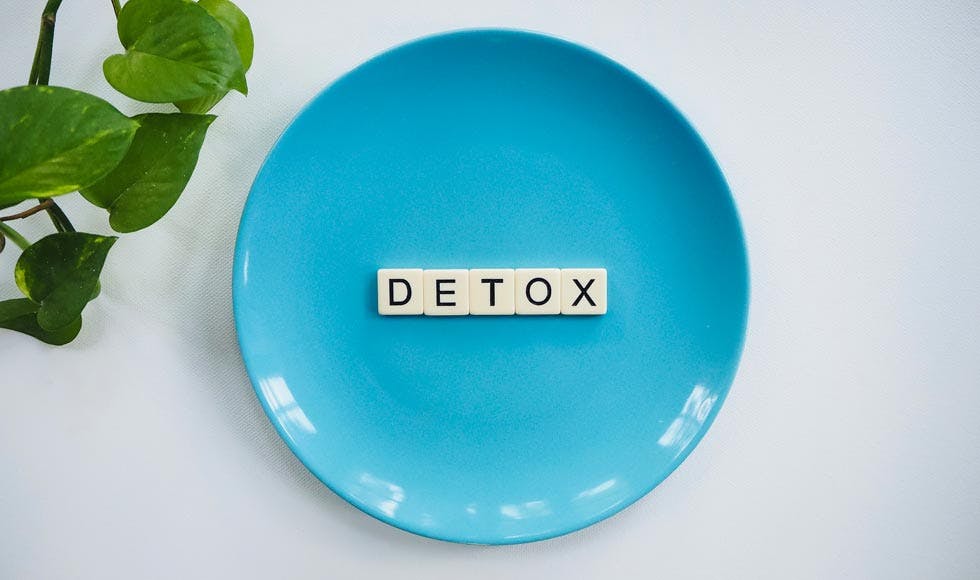
- Health hub/
- Weight management/
- Memory of your last meal affects the next


The influence of memory on eating
The world of science continues to try and develop a better understanding of the reasons why and when we start and stop eating, to help tackle the growing problem of excess body fat. Regulating your food intake and your weight depends on a range of factors, including your ability to seek out or suppress intake of certain foods to balance out what else you have eaten recently. Research has discovered that your ability to remember when and what you last ate may influence when you start and stop your next meal.
The research
A study published in the journal Physiology and Behavior investigated the influence of memory on food intake. Participants were asked to eat a pizza lunch and were then divided into two groups. Just before both groups taste-tested cookies three hours after their lunch, one group was asked to think about their lunch, while the other group was asked to think about anything they liked. Both groups wrote down their thoughts. Participants in the lunch recall group consumed fewer cookies at the tasting session than those in the control group. In other words, enhancing the memory of your last meal may decrease later snack intake, while failure to remember your last meal may increase subsequent snack intake.
Lifestyle implications
It seems that the more information you can recall about a previous eating occasion, the more likely you are to make better decisions about what and how much to consume next time you eat. Following are some tips that may help to improve your ability to remember dietary details, and potentially make positive changes to your body shape.
- Keep a food diary or journal – Subjects in the study mentioned above, who ate less after lunch not only thought about their previous meal, but wrote down their thoughts. Keeping a food diary or journal provides you with a written record of everything you eat, making it easy to accurately remember your previous meals. Record the details of what you eat as soon as possible for the most accurate representation of your diet.
- Take a picture – Most of us have quick access to a digital camera, or the ability to take a photo with a mobile phone. Taking a photograph of your meal or snack before you eat it will act as a powerful reminder later. It can also be a good way to monitor your portion sizes.
- Boost your memory - Brain cells need nutrients and quality fuel to function effectively, including glucose and oxygen. Eating healthy, unprocessed foods high in nutrients may help, while natural supplements may also play a role in brain function and working memory, such as ginkgo.
- Adjust as you go – Once you have adopted some strategies to help you better remember your previous meals or snacks, make sure you take advantage of it. Make a special effort to adjust your future food and kilojoule intake based on previous indulgences, large portion sizes, or a lack of vegetables. It may also be wise to adjust your kilojoule intake according to your activity levels, making sure you eat less when you’re inactive, and more on the days you do exercise.
References available upon request




